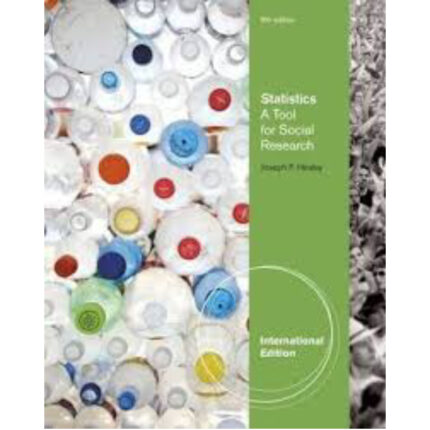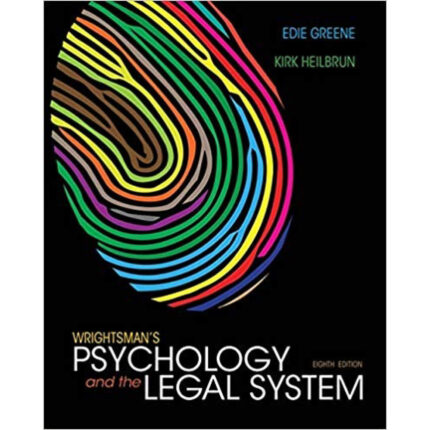51.
(p. 404)
Which of the following is true of dieting?
A.
Dieting is the most efficient way to lose weight.
B.
Most people regain the weight they have lost due to dieting.
C.
Dieting reduces the number of fats cells a person has in his body.
D.
Dieting does not decrease the amount of fat each cell stores.
52.
(p. 404)
Which of the following can make it easier to lose weight?
A.
Eating fruits, vegetables, grains, and beans
B.
Including white bread, pasta, rice, and baked goods in one’s diet
C.
Eating smaller but more frequent meals
D.
Consuming high-glycemic foods and low-fiber cereals
53.
(p. 404)
Which of the following is true of dieting?
A.
Dieting generally leads to long-term weight loss.
B.
People usually do not regain the weight lost as a result of dieting.
C.
Dieting, particularly in the pattern of losing and regaining weight, can alter immune function.
D.
Dieting cannot lead to problems such as heart disease
54.
(p. 405)
Which of the following is true of weight loss?
A.
Sleep deprivation does not alter brain signals, and therefore is not linked to weight loss.
B.
People who do not get enough sleep have more trouble losing weight than those who get adequate
sleep.
C.
Lack of sleep leads to a natural process of weight loss.
D.
Weight gain or weight loss is not affected by an individual’s sleep patterns.
55.
(p. 405)
Adriana joined a weight loss program after reading an advertisement in the newspaper. According
to the study by Wing and Jeffery, which of the following will increase her chances of losing weight
during the program?
A.
Drinking only a few glasses of water everyday
B.
Eating each meal as fast as possible
C.
Cutting down food intake to one meal a day
D.
Enrolling with friends who can provide social support
56.
(p. 405)
According to the American Psychiatric Association (2013), which of the following terms best
implies that a behavior is not wanted and causes stress for either the person suffering from it or the
individual’s family, friends, and social contacts?
A.
Dysfunctional
B.
Deviant
C.
Distressing
D.
Aberrant
57.
(p. 407)
Who among the following was/were the first to conduct a direct study of human sexual responses?
A. Clellan Ford and Frank Beach
B. Gert Holstege
C. Masters and Johnson
D. Broude and Greene
APA Outcome: 5.1 Describe key concepts, principles, and overarching themes in psychology
Accessibility: Keyboard Navigation
Blooms: Remember
Difficulty: Basic
Feist – Chapter 11 #57
Topic: Motivation
58.
(p. 407)
According to Masters and Johnson, which of the following is the correct sequence of human sexual
responses in the ascending order of occurrence?
A. Excitement, plateau, orgasm, resolution
B. Orgasm, excitement, plateau, resolution
C. Plateau, resolution, excitement, orgasm
D. Resolution, excitement, plateau, orgasm
59.
(p. 407)
Which of the following sexual phases do women often bypass altogether?
A. Excitement
B. Plateau
C. Orgasm
D. Resolution
APA Outcome: 5.1 Describe key concepts, principles, and overarching themes in psychology
Accessibility: Keyboard Navigation
Blooms: Remember
Difficulty: Basic
Feist – Chapter 11 #59
Topic: Motivation
60.
(p. 407)
Which of the following is true of sexual behavior in men and women?
A.
Women can have multiple orgasms, while men cannot.
B.
Sexual responses for women are the same as those of men.
C.
Unlike women, men do not have a refractory period following orgasm.
D.
Unlike women, men do not experience the plateau and resolution stages













Reviews
There are no reviews yet.